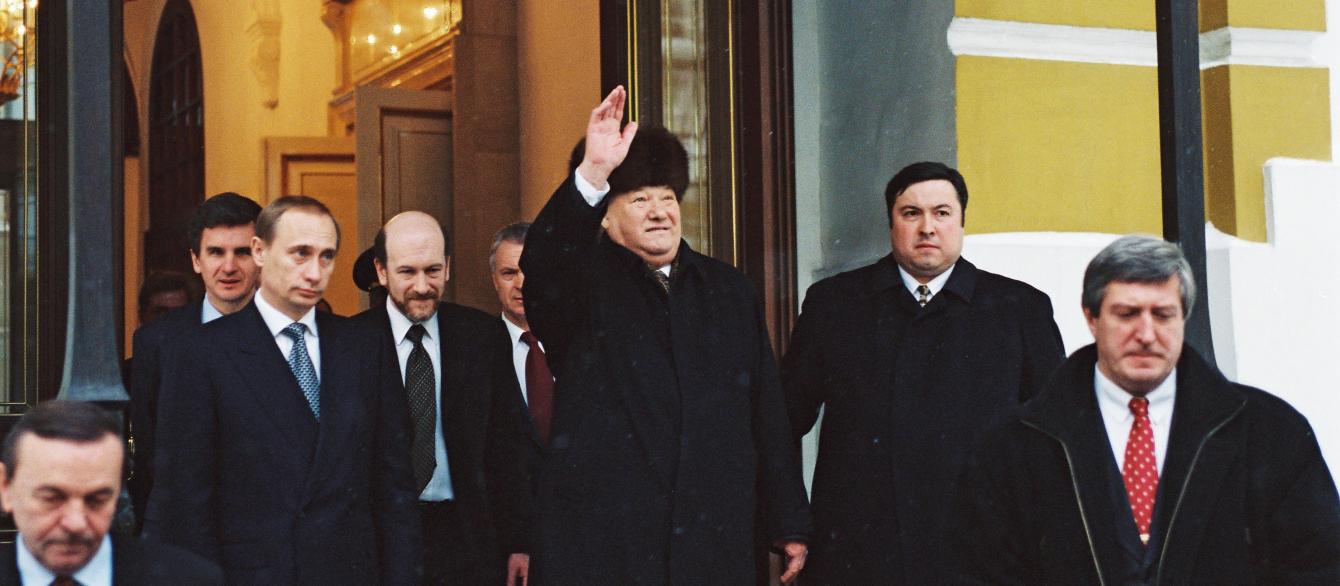If the Russia of three decades ago, shortly after the Soviet breakup, was a democracy (albeit a weak and fledgling one), who or what sank it? Was it President Boris Yeltsin, with his October 1993 decision to crush opponents by force, his pushing of an executive-dominated constitution, and his disastrous choice of Vladimir Putin as his successor? Had Yeltsin selected someone else, might things be different today?
The answer, I am afraid, is not to be found in something as contingent as bad leadership. The question “Who lost Russia?” is meaningless because Russia, from the point of view of democracy, was never truly “gained.” The Soviet Union broke up in 1991, but no real democratic transition took place. Instead, the former communist system remained in place, with only a few outward appearances shifting: the old Soviet wolf in new clothing. The Soviet-era ruling groups and institutions largely survived at the top of Russian politics. One exception was—or should have been—the market economy, but even there, old elites seized for themselves the most lucrative assets and positions. The eventual re-autocratization of Russia was just a matter of time.
The temporary weakening of an authoritarian regime may sometimes be conflated with a democratic transition. A transition, however, requires fundamental, systemic changes in a given polity. Most authoritarian breakdowns do not bring about democratization but lead instead to a new authoritarian regime or state collapse and anarchy.
Read More
Full article available via the Journal of Democracy.






